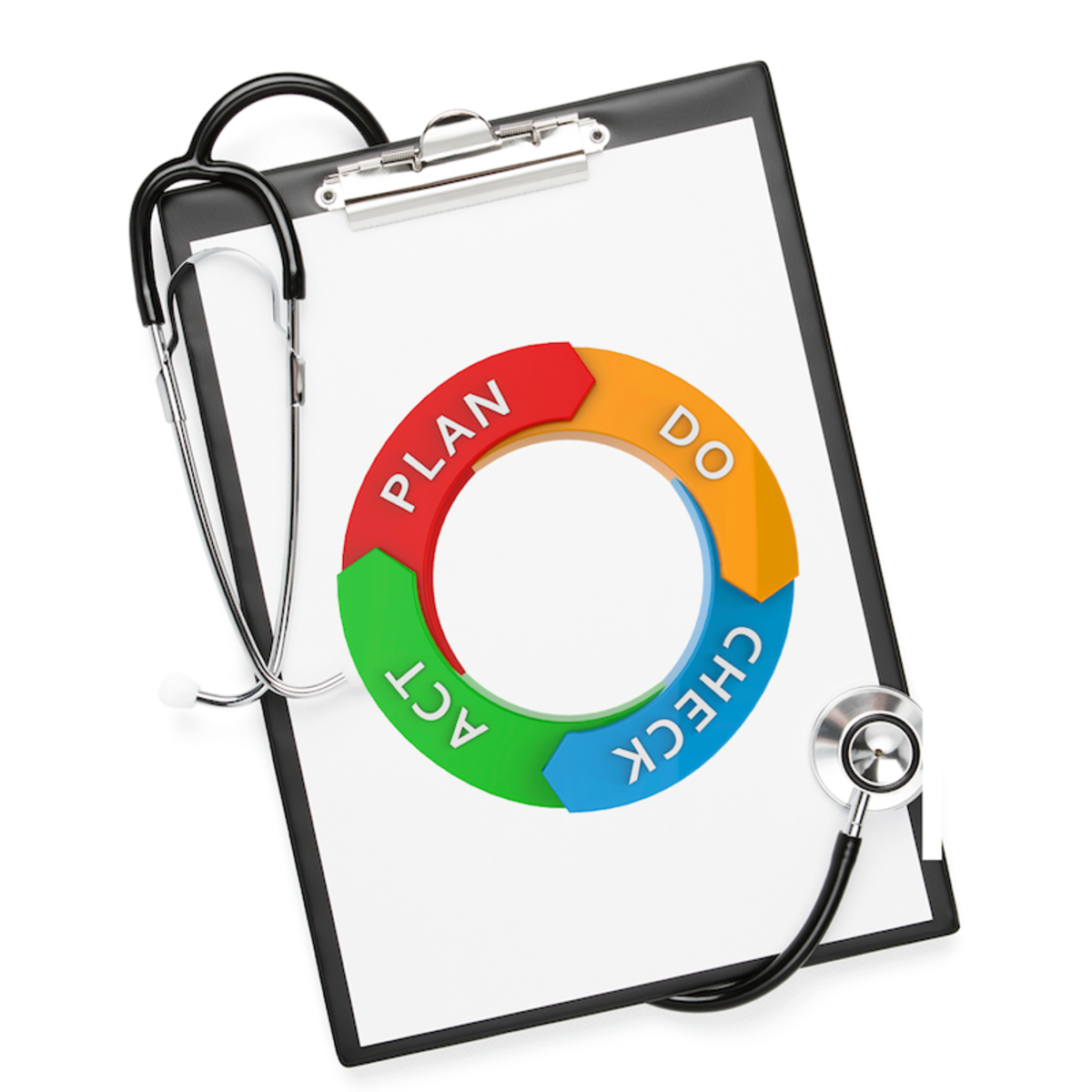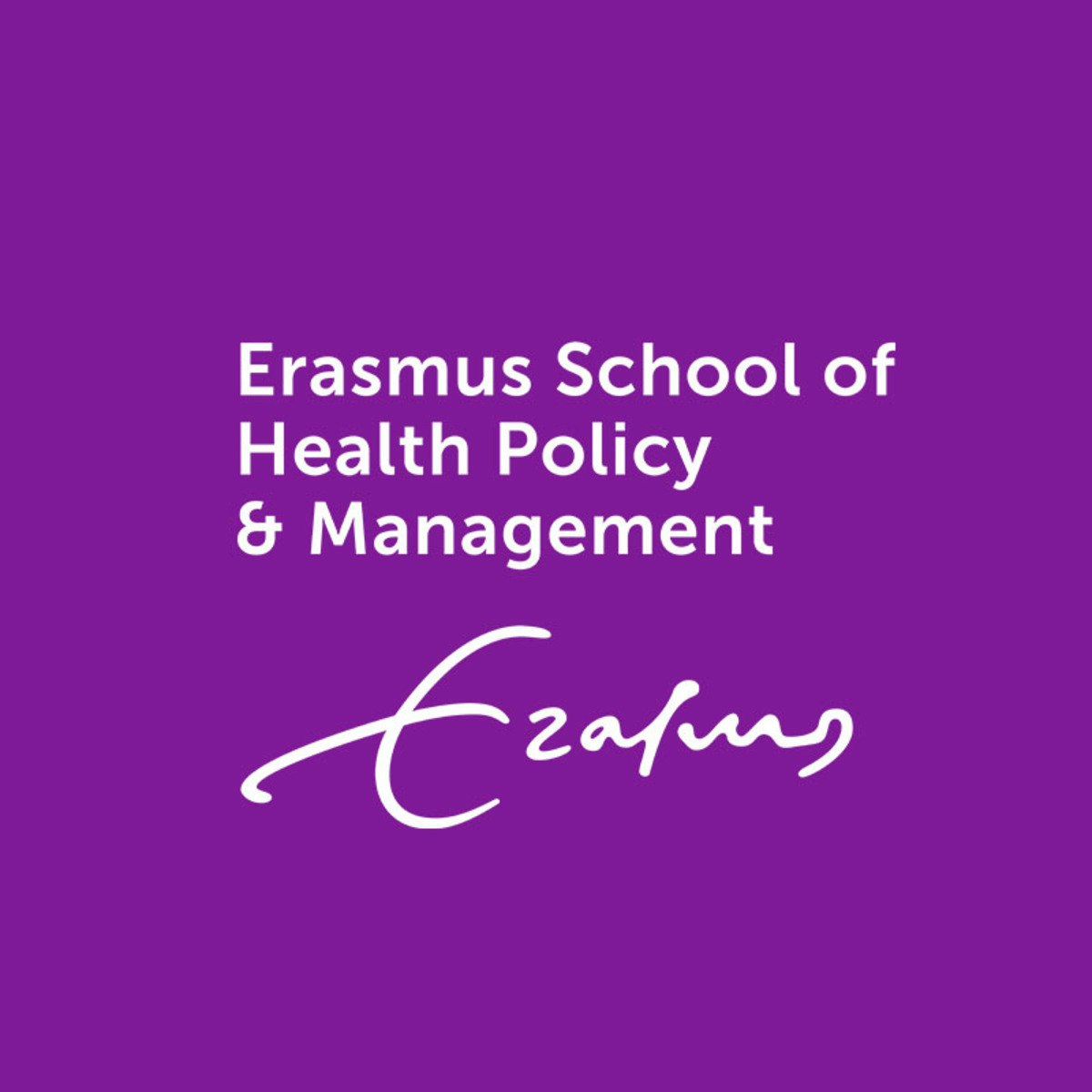Back to Courses









Healthcare Management Courses - Page 6
Showing results 51-60 of 64

Foundations of Healthcare Systems Engineering
Through dynamic video lectures and practical application questions, you will learn about the Foundations of Healthcare Systems Engineering. In this course you will learn about the current lack of synchronized, efficient, and integrated healthcare systems, which are some of the drivers for improvements to healthcare delivery. Also in this course, you will learn about the different types of systems and how they are translated to the healthcare field for appropriate systems engineering process applications, with exemplars. Upon system type articulation and mapping, the systems engineering approach will be introduced to help begin the process of: 1) investigating healthcare challenges, needs, and requirements development; 2) developing system concepts, that are derived from requirements, and then realized in physical and process form; and finally, 3) the establishment of means to verify, validate, and deploy healthcare systems that address the need and meet requirements. Applications and exemplars will be provided.

Medical Terminology I
This course will discuss the importance of learning medical language as well as introduce basic word parts and concepts applied in medical terminology. We will also learn about common organization and terms seen in medical records before moving into system-specific terms for the integumentary system (skin), musculoskeletal system (muscles and bones), and urinary (kidneys).

Leading Healthcare Quality and Safety
Ensuring patient safety and healthcare quality is critical and should be a key focus of everyone in healthcare practice. This course provides healthcare practitioners and others with an introduction to the knowledge and skills needed to lead patient safety and quality improvement initiatives at the micro and macro levels. Participants will explore the foundations of health care quality and the science underlying patient safety and quality improvement, design and select effective health care measures, analyze patient safety problems and processes using tools such as human factors analysis, apply systematic approaches including the Plan-Do-Study-Act (PDSA) model to address quality improvement challenges, and learn strategies to lead a culture of change. The course takes a world view of patient safety and quality, linking participants to research and resources from the World Health Organization (WHO), the US Agency for Healthcare Research and Quality (AHRQ), the Joint Commission and other international organizations. Course highlights include personal stories, lessons learned from other industries and interviews with the President of the National Committee for Quality Assurance (NCQA) and other leaders in quality movement.
Pawlson, g. & Johnson, J. (2021). Advancing Health Care Quality: Protecting Patients, Improving Lives. DEStech Publications Inc.
About The George Washington University School of Nursing
Ranked among the top nursing schools by U.S. News & World Report, the George Washington University School of Nursing educates and inspires nurses to provide high-quality, compassionate person-centered health care. The school develops leaders actively engaged in health promotion, patient advocacy and healthcare innovation, and prepares exceptional nurse educators who pursue quality and advance the profession. The School of Nursing is committed to improving the health and wellbeing of people and communities locally, nationally and globally. The school values lifelong learning and its students advance nursing practice, leadership and education as they make a difference in the world.

Patient Perspectives on Medications: Qualitative Interviews
This course teaches you how to explore the patient perspective on medicines using qualitative interviews. You will learn how to design, conduct and analyse data in a small interview study. The course is related to the course Understanding Patient Perspectives on Medications, but each course can be taken separately.
Please note! In this course you will carry out a small qualitative interview study and to get the most out of this endeavour, we highly recommend that you engage in the discussions: share your thoughts and experiences – and respond to the reflections and questions of your peers.
The course is created by Susanne Kaae, Lourdes Cantarero-Arevalo, Katja Taxis, Anne Gerd Granas, Anna Birna Almarsdóttir, Lotte S. Nørgaard, Sofia K. Sporrong, Johanne M. Hansen, Martin C. Henman, Solveig N. Jacobsen and Ramune Jacobsen.

Health Care Delivery in Healthcare Organizations
Have you ever needed health care and thought that there must be better ways to get or deliver health care? For example, have you found yourself thinking that there should be a way to get a diagnostic test or treatment at home? Or do you work in a healthcare organization and find yourself thinking that there must be better ways to deliver health care? If you have, this course is for you. Course content includes an overview of health care delivery including healthcare consumerism, the patient's perspective, health care delivery for sickness and treatment, as well as health care delivery for health and wellness. The course provides links to external sites to connect you to the larger "real world" of healthcare organizations and health care delivery. The links also serve as resources you can take with you after you complete the course experience. And because everyone loves a road trip/field trip, there are also "virtual field trips" to the often hidden places of interest on the web. The course format is readings, videos, quizzes, and a brief electronic PowerPoint presentation project (PowerPoint only - no oral presentation). The PowerPoint project requires you to synthesize course material to design a patient-centered health care delivery system the way you would have things run in the best of all worlds. The electronic PowerPoint presentation file is an artifact of the course which you can circulate to colleagues or use for a talk or presentation event.

Healthcare Delivery Providers
Welcome to the exciting world of Healthcare Delivery Providers!
This second course in the Healthcare Marketplace Specialization will help you understand the various providers of healthcare across the U.S. delivery continuum. We will explore the unique value proposition of the various providers- from hospitals and clinics to physicians to community based providers. We will dissect this important value chain using various lenses such as- site of care delivery, people who provide the care and payers who pay for care. You will also learn about the challenges facing these providers and the innovations they are creating in order to help transform this important industry.
I will use readings such as a case study and videos to make this learning more experiential for you, so that you can see and feel the world of healthcare delivery. I will also explain the various acronyms and specialized terms used in healthcare, so that you become more proficient and familiar with the language.
Given the fact that Healthcare is one of the largest industries in the U.S. and growing at an rapid pace, it is critical that current and future leaders understand the internal and external drivers that are shaping this industry. Current and future leaders will need to constantly innovate in order to sustain this industry into the future- by creating value for the end customer and the entire population, as well as increasing engagement of the humans who work within this industry.
Get ready to take a deep dive into the complex ocean that is U.S. healthcare delivery- and make sure your oxygen tank is securely fastened!

Regulated Competition in Healthcare Systems: Theory & Practice
In this MOOC you will learn about the theory and practice of 'regulated competition' (also known as 'managed competition') in healthcare systems. Many countries have implemented or consider implementation of regulated competition in healthcare. Examples include Australia, Belgium, Chile, Colombia, Germany, Ireland, Israel, The Netherlands, Switzerland and the United States. After completing this MOOC, you will be able to explain how regulated competition (in theory) promotes affordability, accessibility and efficiency of healthcare. Moreover, you will be able to explain why (in practice) successful implementation of regulated competition is very complex and often requires difficult trade-offs between policy objectives. We think this MOOC is highly valuable to any student, researcher or professional interested in healthcare system reform and design. Specific topics in this MOOC include a typology of healthcare systems, the economics of healthcare markets, theory and preconditions of regulated competition, risk adjustment and risk selection in health insurance, competition policy and provider payment.
Business Process Management in Healthcare Organizations
Have you ever needed to resolve a billing or other issue with a healthcare organization and thought that there must be a better, more efficient, and more customer-friendly way to operate such a business process? For example, have you thought that there should be an easier way to read your bill or pay your bill? Or do you work in a healthcare organization and find yourself thinking that there must be better ways for the business processes to function? If you have, this course is for you.
Course content includes an overview of healthcare organization business processes including business process management approaches as well as a discussion of healthcare organization entrepreneurship as a business process. The course provides links to external sites to connect you to the larger "real world" of healthcare organization business processes, business process management, and entrepreneurship. The links also serve as resources you can take with you after you complete the course experience. And because everyone loves a road trip/field trip, there are also "virtual field trips" to the often hidden places of interest on the web.
The course format is readings, videos, quizzes, and a project. The project requires you to synthesize course material to design patient-centered business processes for a healthcare organization the way you would have things run in the best of all worlds. The design (submitted as an electronic word processing document in memo format) is an artifact of the course which you can circulate to colleagues or use as the basis for a talk or presentation event.

Value-Based Care: Population Health
COURSE 2 of 7. This course is designed to introduce you to the concept of population health and related key terms. Refine your understanding of population health and what influences health care costs. Gain an overview of population health management, beginning with a high-level review of four critical areas: addressing behavioral and social determinants of health, the prevalence of chronic disease, attributes of an aging population, and key barriers of access to health care. Use the Population Health Pyramid to organize a care delivery system to meet the needs of population groups—all with an eye towards achieving better outcomes through the fundamental premise of value-based care. In the summative assignment, bring together the elements of a community health assessment and community health improvement plan into a logical and organized whole by selecting a particular community that is important to you, applying data, and determining relevant assets.

Medical Technology and Evaluation
Innovations in medical technologies are one of the leading areas of economic growth in the world. Whether new technologies take the form of pharmaceutical, medical device, biotechnology, information technology of some combination of these innovations, the opportunities for both private enterprise and social welfare are substantial. However, these innovations are not without cost, and require reimbursement from either a privately or publicly financed health care delivery system to enter the marketplace.
This course aims to provide knowledge of the concepts, data, and methodology required to critically evaluate new medical technologies in order to secure financial investment, reimbursement, and regulatory compliance objectives, such as FDA approval. The course is designed to provide understanding of the analytic tools needed to evaluate medical technologies. After completing this course, students will have the skills needed to:
- Understand the reimbursement systems financing medical technology use.
- Understand the role of government and regulatory agencies in the development and use of new medical technologies.
- Identify a population to be served by a medical technology.
- Use health care data to evaluate a medical technology.
- Perform cost/benefit and cost/effectiveness analysis of a new technology.
Popular Internships and Jobs by Categories
Find Jobs & Internships
Browse
© 2024 BoostGrad | All rights reserved